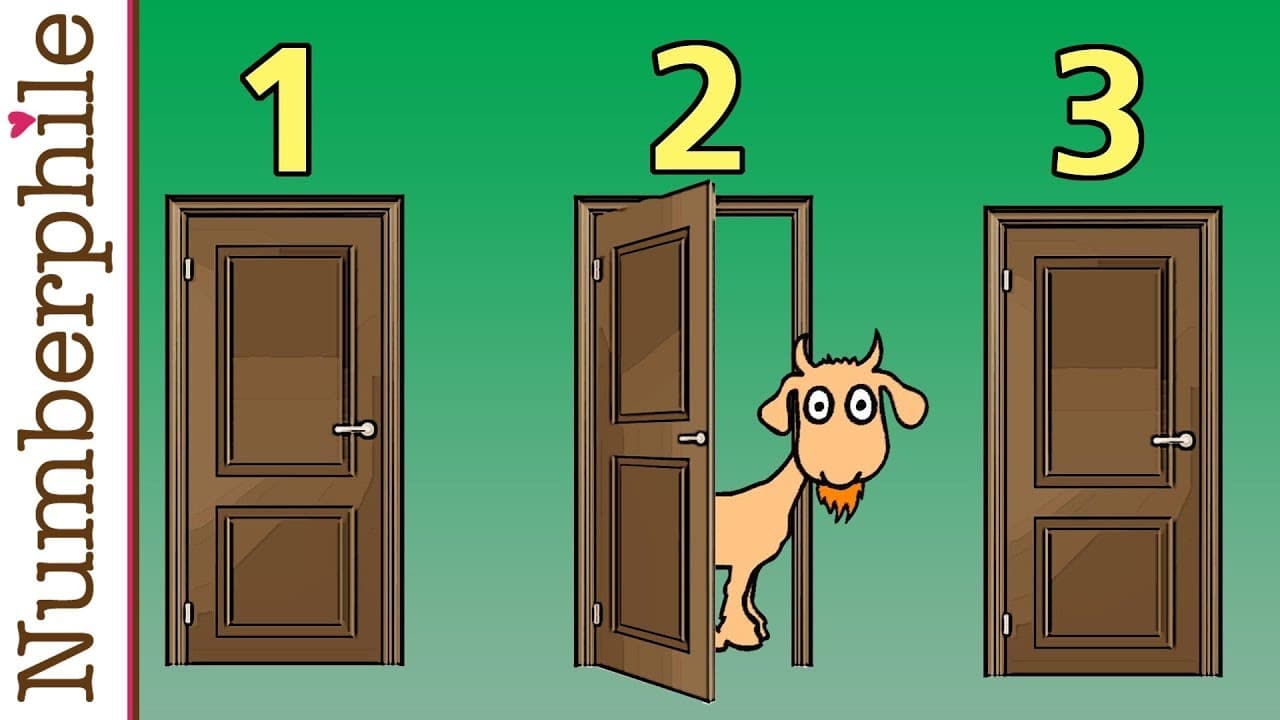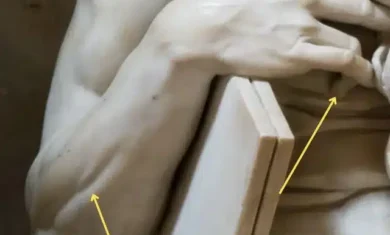When we are faced with a tough decision, it’s human nature to often to default to the status quo. Rather than risk making a change (commission), we simply do nothing (omission). As Annie Duke says in her book “Quit“, the reason is because “we’re more wary of “causing” a bad outcome by acting than “letting it happen” through inaction.”
Let’s Make a Deal
This is showcased through the “Monty Hall Problem” from the old game show “Let’s Make a Deal”. At a certain point in the game, the contestant is given the choice to choose from one of three doors, where one door has a fabulous prize behind it.
You choose a door but before your door is opened the host, Monty Hall, then opens one of the other doors to reveal a dud, leaving just your door and one other. Then Hall gives you the option to switch to the other door if you want. Should you switch? Absolutely! While it seems counter-intuitive and feels like a 50/50 decision at that point, switching actually doubles your chances of winning (from 1/3 to 2/3).
If you’ve not seen the problem explained before, this is a great video that shows why switching matters so much:
However, contestants on the show are generally unwilling to switch their choice, even if they know the math is in their favor, because they don’t want to risk causing a bad outcome. If the video above still didn’t help you understand the problem, here is a clip from MythBusters where they explain and test it again. You’ll also notice in the first minute of the video literally everyone sticks with their first choice, even though it’s a bad decision:
Again from the book “Quit”:
You’ve probably heard people (including yourself), when thinking about taking a new path, say, “I don’t want to make a decision right now.” You likely accepted that as a reasonable thing to say. But once you step back and think about it, you realize that deciding not to change is itself a decision. At any moment, when you’re pursuing a goal, you are choosing to either stay on the path you’re on or change course. Sticking with the path is as much of a decision as choosing to quit.
If you have a decision to make, there is no way to avoid it as avoiding the decision is a decision itself. If you have an underperforming employee and you’re debating letting them go, and then you get too busy to make a decision this week, you indeed made a decision — you’re keeping them for at least another week.
Perhaps that’s your best course of action, but don’t fool yourself into thinking that omission is a way out.




